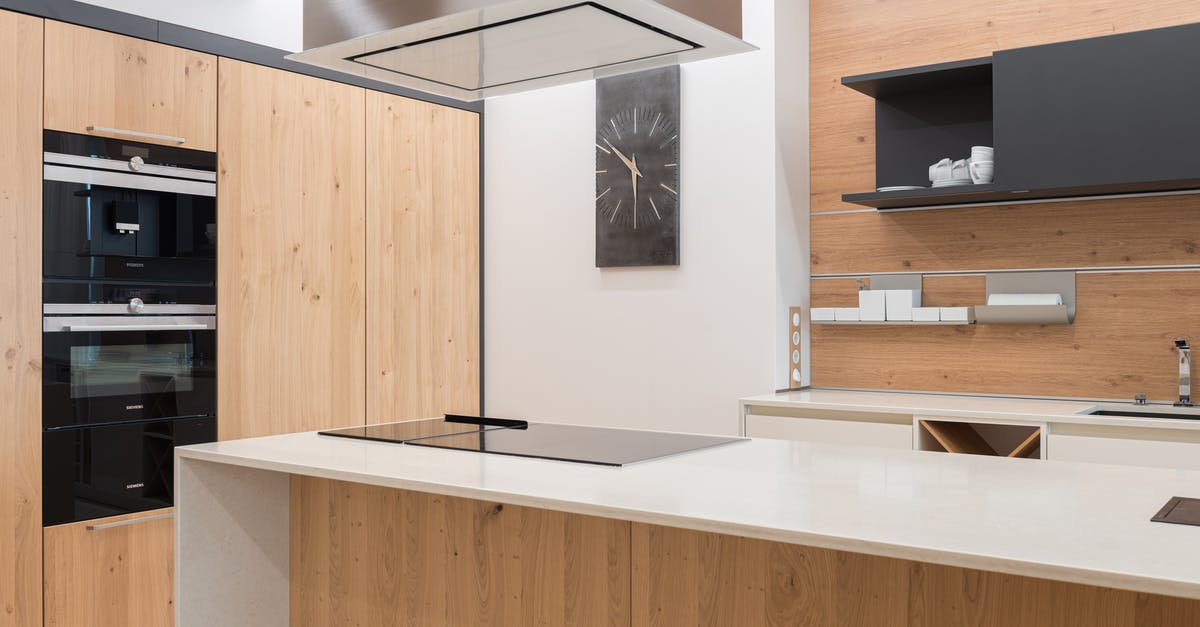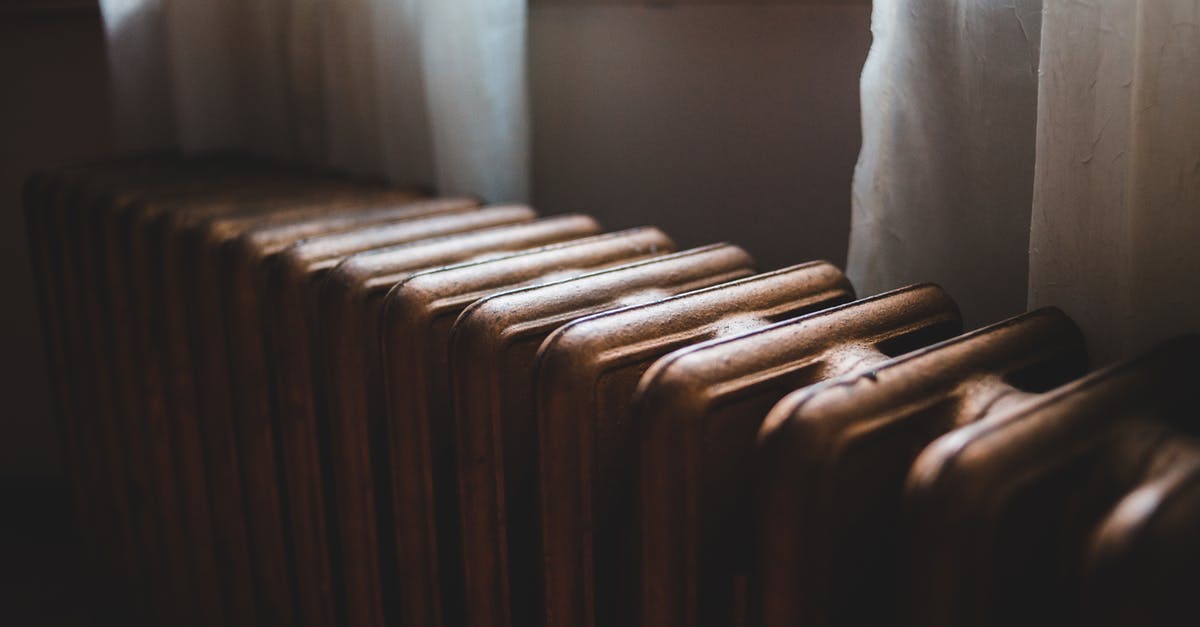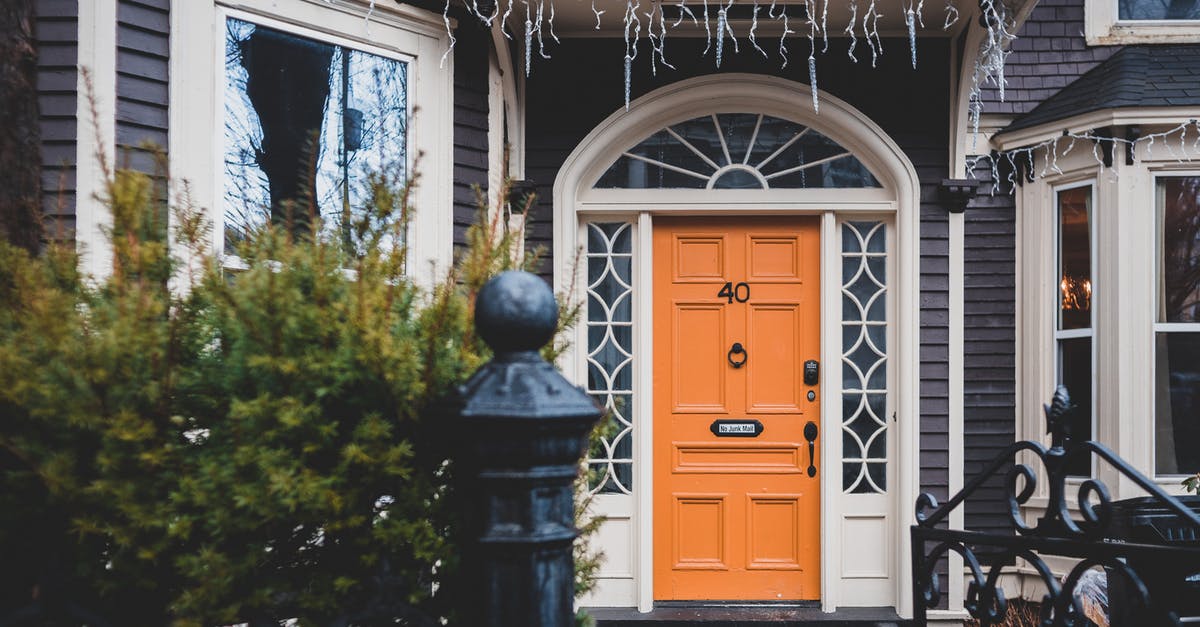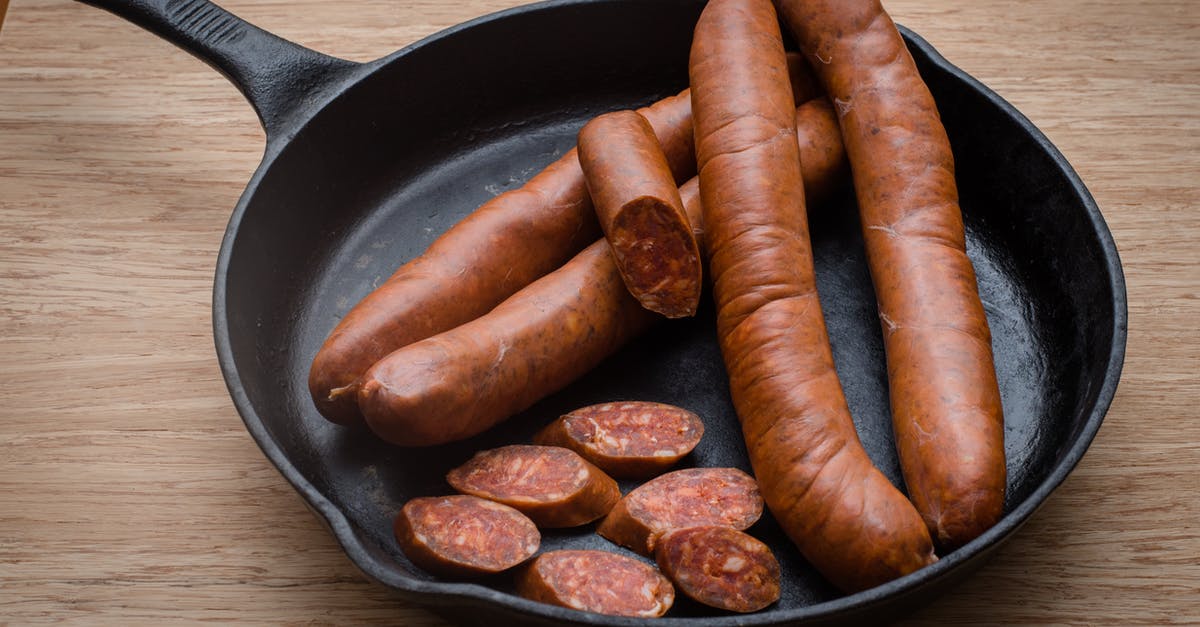Storing cast iron in the oven

We store a few cast iron pans in the oven, on the bottom rack. We leave the pans in there while cooking other things. Occasionally, I worry that this might affect oven performance, by interfering with radiation or convection in the oven. While investigating the subject today, I found several guides to cast iron guide that mention oven storage, but none of them answered that question. However, a few of them did advise against the practice for a different reason: cooking with empty cast iron might ruin the seasoning.
If you store cast iron in your oven, do you need to remove the empty pans before cooking? Will empty cast iron pans affect the oven performance? Will it harm the pans or ruin the seasoning?
Best Answer
Will this effect how the oven heats up/cooks food?
- The greater thermal mass means the oven will take longer to heat up, which is undesirable if you want to cook quickly, but it will also lessen temperature fluctuations from opening the oven door or the heating element cycling, which can be desirable. The block of metal is performing one of the roles of a pizza stone in this regard.
- Depending on where the heating elements in the oven are situated, the size of the oven and the size and positioning of your cast iron, it may impact how heat distributes, for example by 'shielding' food from a lower heating element, and blocking the flow of air. Each situation is likely to be different so it is hard to say whether this will be a serious impact in your case.
Will it harm the pans?
- Very unlikely; your cast iron is designed to be happy at oven temperatures. If there is food residue on the pan you may find that repeatedly heating/burning it and letting it cool can make it very hard to clean off without a tough abrasive, so make sure you clean your pans thoroughly before storing them.
- Similarly, the whole point of seasoning on a pan is that it is formed in high oven temperatures, so it should not be damaged by exposure to similarly high temperatures. As discussed in the answer here, seasoning can be damaged by high temperatures, with the temperature necessary varying depending on the seasoning itself. If your pans' seasoning has survived so far, I would not expect this to change with further time stored in the oven, but if you season a new pan and store it in the oven you should not be surprised if the seasoning is at times damaged as described in that question. (This is the point I am least confident about, so would be open to correction in the comments if it is from a reliable source.)
Pictures about "Storing cast iron in the oven"



Quick Answer about "Storing cast iron in the oven"
Stow in the oven: Ovens make a great storage space for cast iron—but only if your pans are free of wooden parts. Remember, though, to carefully remove the skillet before heating up the oven. Hang 'em up: You can hang your cast-iron skillets and pans on the wall—just be sure your hooks are securely mounted to studs.How do you store cast iron after cooking?
Store your cast-iron pans in a dry place. Store your cookware in a dry place with little chance of getting wet. Keep pans away from the sink or the stove, where they can get splashed or coated with steam. Ensure the storage cabinet or shelves have proper ventilation, making moisture less likely to build up.How long do you keep cast iron in oven to season?
Put the oiled pan in a preheated 450\xb0F oven, and leave it there for 30 minutes. It may get a little smoky, so keep your kitchen well ventilated. It's during this time that the oil will polymerize and form the first of several hard, plastic-like coatings you'll be laying down.How do you prepare cast iron for storage?
Dry your cast iron cookware completely prior to storage.Can cast iron be damaged by heat?
There are several ways a piece of cast iron cookware can be damaged, as noted above: chipping, cracking, warping, and pitting. The first two can be caused by physical impact; the second two by improper rapid heating or cooling, also known as thermal shock.Cast Iron Storage Tips plus My 3 Essential Cast Iron Pieces
Sources: Stack Exchange - This article follows the attribution requirements of Stack Exchange and is licensed under CC BY-SA 3.0.
Images: Max Vakhtbovych, Erik Mclean, Erik Mclean, Milan
